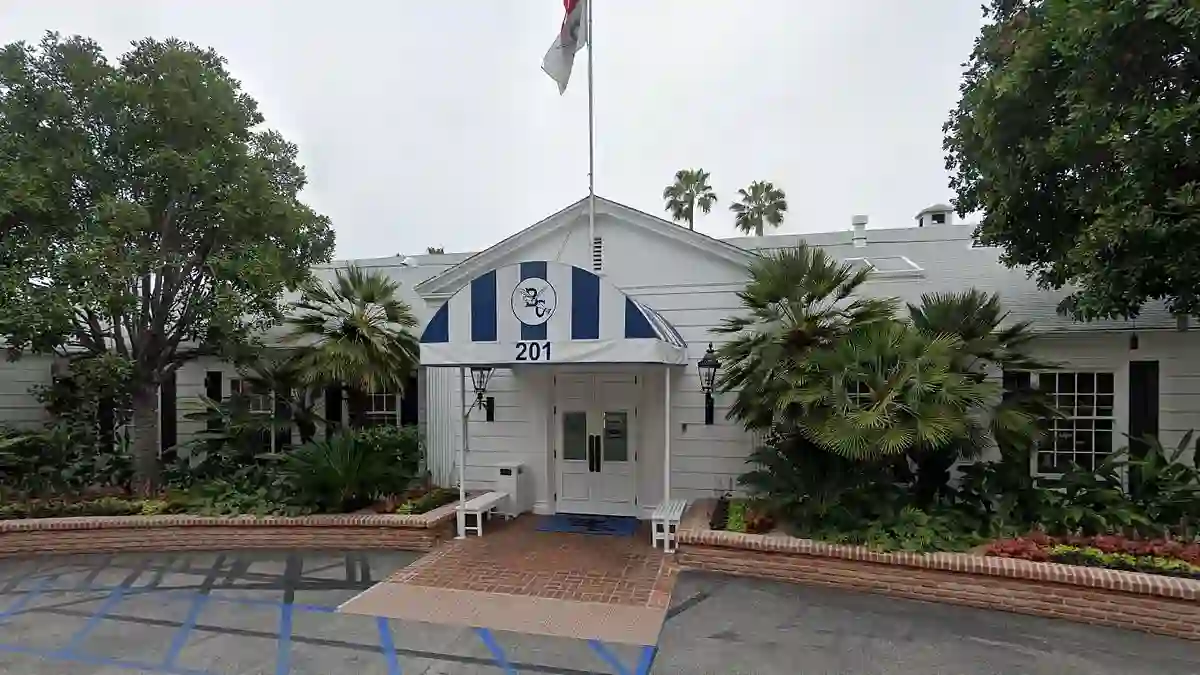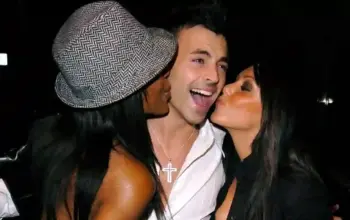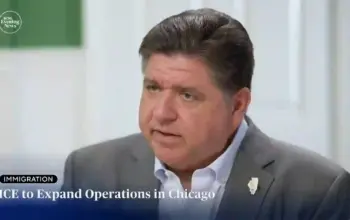Just months after wildfires ripped through parts of Southern California, leaving trauma, scorched earth, and heartbreak behind, many communities are still trying to heal.
But in Santa Monica, one upscale private beach club has stirred up a storm of its own—not with flames, but with fireworks.
Exclusive Club Moves Forward with Controversial Celebration
The Beach Club, a posh members-only venue sitting just steps from the Palisades Fire burn zone, has decided to push ahead with a Fourth of July fireworks display—despite a citywide ban and growing local outrage.
While the rest of Santa Monica and even nearby Pasadena are rethinking their holiday celebrations out of respect for public safety and environmental recovery, this private club is choosing to light up the sky.
And it’s not sitting well with the locals.
Workaround Ignites Backlash from Locals and Officials
The club found a loophole. Although fireworks are banned in Santa Monica, they secured a permit through the Los Angeles Fire Department by launching them from their parking lot—technically just across the city border.
That legal sidestep allows them to fire explosives directly over Santa Monica beaches and a fragile wildlife restoration area, which is clearly marked with signs pleading, “Please Keep Off.
Habitat Restoration In Progress.”
Community leaders, environmentalists, and survivors of January’s devastating wildfires are calling foul.
Emotional Toll Still Fresh After January’s Destruction
Ashley Oelsen, a local environmental commissioner, put it bluntly: “Our beaches are still recovering.
Ash, toxins, and debris from burned homes are still contaminating our coastline from Malibu to Venice.”
The Palisades Fire earlier this year scorched over 23,000 acres and caused a staggering $25 billion in damages.
Oelsen and others worry that adding fireworks into the mix will not only pollute the air and water further but could re-trigger trauma in people, pets, and wildlife still shaken by the fires.
A Community Still in Mourning Speaks Out
Guy Sherman, who lost his home in the fire, said the idea of launching fireworks so close to the burn zone is “shallow, selfish, and completely tone-deaf.”
“It’s not for the community. It’s for their elite members who want a show while the rest of us are picking up the pieces,” he said.
He’s not alone. Others echo the concern, saying there are other ways to celebrate that don’t involve polluting the beach or frightening pets, veterans, and those still emotionally scarred.
Drones, Not Explosives: What Other Cities Are Doing
Just 30 miles away, the city of Pasadena took a more compassionate approach.
In a break from tradition, they scrapped their iconic Rose Bowl fireworks and instead opted for a safer, quieter drone show.
The change was welcomed by residents and praised for prioritizing healing over spectacle.
In fact, cities across the country are making similar moves—Long Beach included—recognizing that the traditional bang of fireworks can come at too great a cost.
Wildlife at Risk During Club’s Firework Shows
Last year, dolphins were spotted off the coast just before The Beach Club’s fireworks display began.
A mother duck and her ducklings were also seen fleeing the area in a panic.
Oelsen pointed out that the toxic chemicals released by fireworks—like copper, aluminum, and fine particles—pose a direct risk to marine life and air quality.
For an area working hard to recover from the ecological fallout of the Palisades Fire, this added stress is far from welcome.
An Exclusive Club with a History of Privacy and Privilege
The Beach Club isn’t your average beach hangout.
With an initiation fee reported between $75,000 and $85,000 and capped membership at 650 families, this is where Hollywood execs, department store heirs, and billion-dollar real estate moguls gather in privacy.
Their website is hidden, they don’t advertise, and club members are expected to stay tight-lipped about internal affairs.
Despite being located on publicly leased land and enjoying a tax-exempt status, the club generates about $20 million a year.
And critics say their events don’t bring the same local economic benefit that public gatherings might.
Personal Tragedy Fuels Activism
For Oelsen, this issue hits painfully close to home.
In 2021, her dog Darwin died after being startled by unannounced fireworks launched from The Beach Club.
Darwin bolted in fear and was tragically hit by a car.
Since then, Oelsen has been advocating for more humane and environmentally responsible celebration methods.
Though the club has introduced minor measures—like sending limited alerts and closing bike paths during displays—many residents say it’s too little, too late.
City Leaders Join the Chorus of Concern
Even local officials are calling for a rethink.
Los Angeles City Councilwoman Traci Park urged the club to reconsider, emphasizing that this is a time for sensitivity and unity—not flashy, divisive displays.
Santa Monica Mayor Lana Negrete agreed, urging private organizations like The Beach Club to show leadership by opting for safe, inclusive, and eco-conscious alternatives.
Residents Demand Accountability
Michelle Mays, another fire survivor, summed up the frustration felt by many: “We just went through the worst fire this community has ever seen.
How can they even think about doing this?”
She pointed to the wildlife that washed ashore in the aftermath of the fires—seals, dolphins, and birds poisoned by toxic algae linked to fire runoff—and slammed the club’s actions as “selfish, clueless elitism.”
As the rest of California leans into drone technology and quieter celebrations, all eyes are now on The Beach Club.
With their permit already approved, only a major push from local leaders could stop the show.
But for the many who are still grieving, the message is loud and clear: fireworks aren’t just fun—they’re a reminder of fear, loss, and trauma that hasn’t had time to fade.



